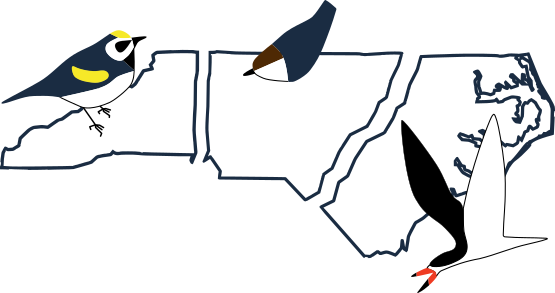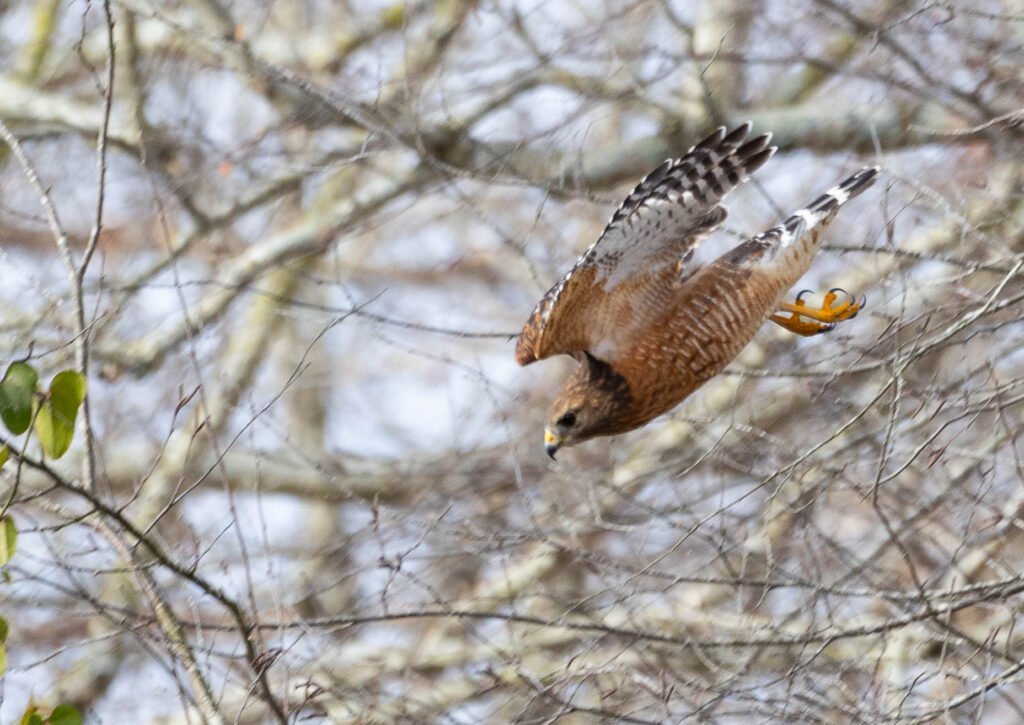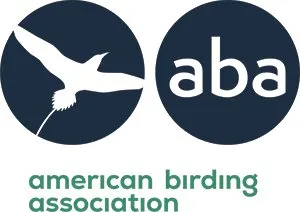BIRDING OPPORTUNITIES
Ebird

- Find more birds
- Keep track of your bird lists, photos, and sounds
- Explore latest sightings from around the world
- Join the world’s largest birding community
- Contribute to science and conservation
- Download the app to your phone today!
- Go to eBird now!
NC Birding Atlas

North Carolina’s unique geographic setting along the Atlantic coast flyway provides both breeding and wintering grounds for over 466 species of birds, making the state a premiere birding destination. Yet this rich natural heritage is largely untapped as an economic resource for promoting nature-based tourism. The North Carolina Birding Trail (NCBT) aims to establish North Carolina as a leading nature-based tourism destination. It serves as a driving trail to link birders and nature-based tourists with great birding sites across the state and the local communities in which they are found.
The NCBT is a partnership between six founding organizations: the NC Wildlife Resources Commission, Audubon North Carolina, North Carolina Sea Grant, US Fish & Wildlife Service, NC State University Cooperative Extension, and the NC Parks and Recreation. It is governed by a steering committee which includes one member from each of the six founding organizations.
If you have any questions, please contact us at: info@ncbirdingtrail.org

North Carolina Audubon
Conservation:
Leading protection for birds and their habitats.
Audubon implements five strategic initiatives to further the protection of all birds, with an emphasis on our most threatened birds, across North Carolina. As part of the Atlantic Flyway, North Carolina is an important location for birds that need specific habitats to safely breed, rest and migrate. Our five initiatives hone in on providing that safety and the habitat resources that our 473 bird species need to thrive. Our geographic diversity allows for an equally wonderful diversity of bird species that can be found in our state. Audubon North Carolina takes its responsibility for the protection of all birds seriously, basing our programs on sound science and engaging our vast network of supporters and partners to enact preservation where it is needed most. Learn more about our five strategic conservation initiatives.
AMERICAN BIRDING ASSOCIATION

The ABA is a non-profit 501(c)(3) organization that provides leadership to birders by increasing their knowledge, skills, and enjoyment of birding. We are the only organization in North America that specifically caters to recreational birders. We also contribute to bird and bird habitat conservation through our varied programs.
MISSION STATEMENT
The American Birding Association inspires all people to enjoy and protect wild birds.
The American Birding Association represents the North American birding community and supports birders through publications, conferences, workshops, tours, partnerships, and networks.
The ABA’s education programs promote birding skills, ornithological knowledge, and the development of a conservation ethic.
The ABA encourages birders to apply their skills to help conserve birds and their habitats, and we represent the interests of birders in planning and legislative arenas.
We welcome all birders as members.
American Birding Association website.
Carolina Bird club

The Carolina Bird Club is a non-profit organization which represents and supports the birding community in the Carolinas through its official website, publications, meetings, workshops, trips, and partnerships, whose mission is
- To promote the observation, enjoyment, and study of birds.
- To provide opportunities for birders to become acquainted, and to share information and experience.
- To maintain well-documented records of birds in the Carolinas.
- To support the protection and conservation of birds and their habitats and foster an appreciation and respect of natural resources.
- To promote educational opportunities in bird and nature study.
- To support research on birds of the Carolinas and their habitats.
Membership is open to those interested in the study and conservation of wildlife, particularly birds. Is that you? Then join the club.
The Club meets three times a year (Spring, Fall, and Winter) at different locations in North or South Carolina, or occasionally in neighboring states.